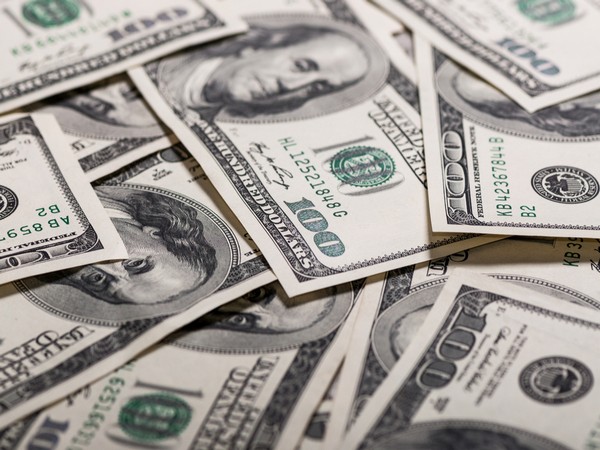FOREX-Dollar plunges to 3-month low vs yen as Powell says Fed to go slow
The dollar tumbled to a three-month low against the yen on Thursday as traders focussed on comments by Federal Reserve Chair Jerome Powell that interest rate hikes could be scaled back "as soon as December". Powell said on Wednesday that "slowing down at this point is a good way to balance the risks" but added that controlling inflation "will require holding policy at a restrictive level for some time".

- Country:
- United States
The dollar tumbled to a three-month low against the yen on Thursday as traders focussed on comments by Federal Reserve Chair Jerome Powell that interest rate hikes could be scaled back "as soon as December".
Powell said on Wednesday that "slowing down at this point is a good way to balance the risks" but added that controlling inflation "will require holding policy at a restrictive level for some time". The greenback was last down 1.32% at 136.295 yen, after falling to 136.205, its level since Aug. 26.
The dollar-yen pair is extremely sensitive to changes in long-term U.S. Treasury yields, which fell after Powell's comments to a near two-month low overnight of 3.6%. They last stood at 3.6163% in Tokyo. "Obviously the speech was less hawkish than feared," said Rodrigo Catril, senior FX strategist at National Australia Bank. "The yen is leading the charge, and that makes sense when you look at the big, big move in long-term U.S. rates."
However, the market reaction "is somewhat surprising", Catril said. "The Fed chair really just reiterated the view of late, which is a smaller hike should be expected (at the next meeting on Dec. 14), but he re-emphasized they're not done yet and we should be expecting a much higher terminal rate." Markets are pricing in a 91% probability that the Fed increases rates by 50 basis points at the next meeting, versus a 9% chance of another 75-basis-point hike. The peak is seen below 5% around May.
In November, the dollar dropped 7.15% versus the yen, its worst month in 14 years, as investors positioned for a Fed pivot. The dollar index - which measures the currency against six major peers, including the yen and euro - extended Wednesday's more than 1% drop into Thursday, dipping a further 0.28% to 105.48. It tumbled 5.2% in November, its worst monthly showing since September 2010.
The euro rose 0.39% to $1.04485, heading back toward the five-month high of $1.0497 marked at the start of this week. The common currency's gains came even as a European survey on Wednesday showed euro zone inflation easing far more than expected in November, raising expectations that inflation is past its peak and bolstering the case for slower tightening by the European Central Bank.
Sterling added 0.36% to $1.2102, edging toward last week's three-month peak of $1.2153. The risk-sensitive Antipodean currencies also gained, with the Australian dollar last 0.55% stronger at $0.6826, the highest since Sept. 13. New Zealand's kiwi added 0.69% to $0.63405 after touching $0.6325, the highest since Aug. 17.
The Aussie and kiwi have also been buoyed by signs the Chinese government will relent on its zero-COVID policy. Giant cities Guangzhou and Chongqing announced easings of COVID curbs on Wednesday, while officials in Zhengzhou, the site of a Foxconn factory that is the world's biggest maker of Apple iPhones, which has been the scene of worker unrest over COVID, also announced the "orderly" resumption of businesses.
China's yuan saw some volatility in offshore trading after media reports that the capital Beijing would allow some people to home-quarantine. The dollar was last 0.12% stronger at 7.0546 yuan after having weakened as much as 0.3% to a two-week low of 7.0256.
(This story has not been edited by Devdiscourse staff and is auto-generated from a syndicated feed.)
ALSO READ
Senior US treasury officials to urge India to maintain implementation of Russian oil price cap
Treasury secretary heads to China to talk trade, anti-money laundering and Chinese 'overproduction'
Senior US treasury officials to urge India to maintain implementation of Russian oil price cap
Treasury secretary heads to China to talk trade, anti-money laundering and Chinese ''overproduction''
George Russell says his crash at the Australian Grand Prix was ''waiting for a disaster to happen''










